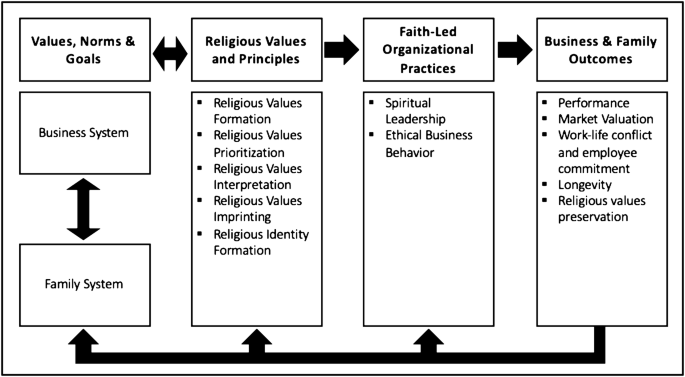Exploring the Foundations of Buddhism – An Introduction to Its Principles and Practices
Buddhism, a profound and ancient spiritual tradition, has attracted millions of followers worldwide seeking inner peace, wisdom, and spiritual growth. This blog post delves into the foundations of Buddhism, unveiling its principles and practices to provide an invaluable introduction for both beginners and long-time practitioners alike.
The Origins of Buddhism
Buddhism traces its roots to Siddhartha Gautama, an Indian prince who lived approximately 2,500 years ago. Upon realizing the inherent suffering in life, Siddhartha undertook an arduous spiritual journey to find the path to true happiness and enlightenment. After attaining this state, he became known as the Buddha, or “the enlightened one.”
The Four Noble Truths
At the core of Buddhism are the Four Noble Truths, which describe the nature of existence and provide a framework for understanding the human condition:
1. The Truth of Suffering (Dukkha): All living beings experience suffering—physical, emotional, and mental—throughout their lives.
2. The Truth of the Cause of Suffering (Samudaya): Suffering arises from attachment, desire, and ignorance.
3. The Truth of the End of Suffering (Nirodha): By eliminating attachment, desire, and ignorance, one can extinguish suffering.
4. The Truth of the Path Leading to the End of Suffering (Magga): The Eightfold Path serves as a practical guide for attaining liberation from suffering.
The Eightfold Path
Buddhism offers the Eightfold Path as a means to overcome suffering and achieve spiritual enlightenment. This step-by-step guide encompasses three interconnected aspects: wisdom (panna), ethical conduct (sila), and mental discipline (samadhi).
1. Right View: Embracing an accurate understanding of reality and the Four Noble Truths.
2. Right Intention: Cultivating wholesome intentions, such as detachment, goodwill, and compassion.
3. Right Speech: Using mindful, truthful, and kind words in all interactions.
4. Right Action: Behaving ethically by abstaining from causing harm, stealing, and sexual misconduct.
5. Right Livelihood: Engaging in a moral and honest line of work.
6. Right Effort: Actively striving to maintain positive mental states and eradicate negative ones.
7. Right Mindfulness: Developing constant awareness of one’s thoughts, feelings, and surroundings.
8. Right Concentration: Cultivating a focused and clear state of mind through meditation.
Meditation and Mindfulness Practices
Meditation lies at the heart of Buddhist practice, and the goal is to achieve a calm, balanced, and introspective mental state. Two common meditation techniques include mindfulness (Vipassana) meditation, which involves cultivating awareness of one’s thoughts, and concentration (Samatha) meditation, which aims to develop unwavering focus.
Additionally, many Buddhists practice mindfulness in their daily lives — being present and attentive in everything they do. This mindful approach to life nurtures inner tranquility, helps reduce stress, and furthers one’s quest for enlightenment.
Becoming a Part of the Buddhist Community
The Three Jewels, or the Triple Gem, represents the three core aspects of Buddhism: the Buddha (the enlightened teacher), the Dharma (the teachings), and the Sangha (the community). By seeking refuge in the Three Jewels and committing to following the Buddha’s path, one formally becomes a Buddhist.
Buddhist communities provide a supportive environment for practicing and exchanging knowledge. Joining a local Buddhist group or meditation center can be a valuable resource for those looking to deepen their understanding and practice of this ancient tradition.
In summary, Buddhism offers a profound spiritual framework that emphasizes ethical living, mindfulness, meditation, and spiritual growth. By gaining a deeper understanding of its principles and practices, you, too, can embark on the path to inner peace, wisdom, and enlightenment.











